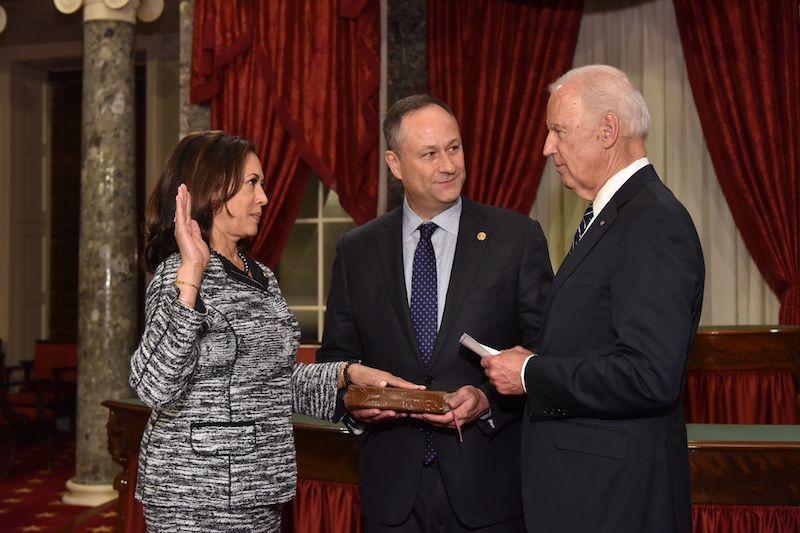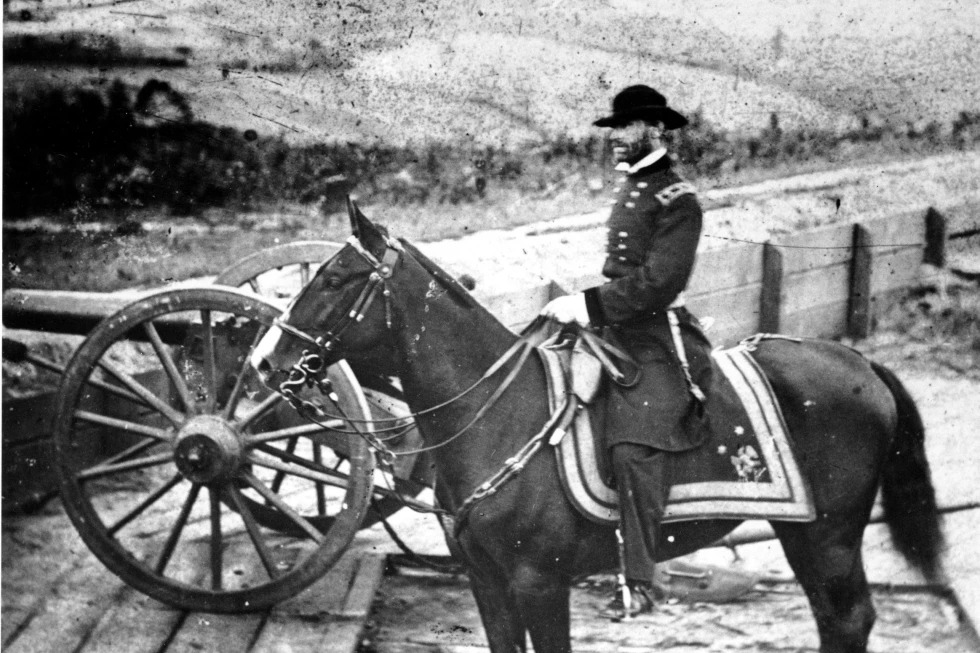The 2018 election cycle was a groundbreaking year for women in government. Over 100 women were elected to Congress, 36 of which are new. This number is record-breaking, beating a previous high from 1992. Of these, there were several firsts for minorities, including the first Muslim-American and Native-American congresswomen. It’s admirable how much America has progressed, but it’s disheartening to see how much it still hasn’t.
With the larger presence of women in the legislative branch, criticism has become harsher than ever.
The public and the media should not be concerning themselves with these women’s personal lives. These are women who have fought for their seats by demonstrating their intelligence and competence in their campaigns and political careers. Instead of focusing on the substantive issues, we’re worrying about what they did in high school or the loans they took out for higher education.
On Jan. 2, a Twitter user posted a video of Rep. Alexandria Ocasio-Cortez dancing in college, which triggered a media frenzy distracting from her groundbreaking politics. I don’t know how or when, but apparently dancing has become an activity of the ignorant. It’s also extremely relevant to a person’s knowledge of politics. Go figure.
In true AOC fashion, the freshman representative hit back. She posted a video of her dancing in front of her office on Capitol Hill. Ocasio-Cortez made history with her election, becoming the youngest woman to ever serve in Congress at the age of 29. Because of her outspoken nature and progressive views, she has faced an incredible amount of criticism. Perplexingly, the most prominent remarks are attacks on her as a person. Ocasio-Cortez is not alone in the irrelevant and meaningless criticism she is facing.
This month, Rep. Rashida Tlaib, the first Muslim congresswoman, sent the political scene into chaos with her use of profanity when calling for the impeachment of the president. “We’re going to impeach the motherf—er,” Tlaib said in a speech on the night she was sworn in. The backlash from her remarks was swift.
Amusingly enough, the very man she was criticizing is known as one of the most profane presidents to serve in the White House. He even used the same swear words she did in one of his speeches. He didn’t face backlash, however. Instead, he was hailed as authentic, a truth-teller and brave. Why isn’t Tlaib seen the same way?
Tlaib was condemned because of the harsh double standard which exists in any given workplace, including Congress. She’s a woman; therefore, she’s supposed to be ladylike. Cursing, an uncouth and unbecoming habit according to many, is not a part of this profile.
Stacey Abrams, a gubernatorial candidate for Georgia in this last election season, was disparaged for her financial debt. With student loans and credit card debt in the hundreds of thousands, she was mischaracterized as careless and irresponsible.
Politicians and everyday American citizens alike suffer from financial troubles and debt. Former presidential candidate Sen. Marco Rubio struggled under the weight of student loans, as well. In the same age-old sexist pattern, he was seen as relatable and hard-working because of it. Essentially, the two political figures were in the same situation. However, Abrams’ treatment varied greatly from Rubio’s.
A pattern has arisen among newly-elected women in government. While the majority of these women have hit back against sexist criticism, they shouldn’t have to. Men in the political realm don’t have to deal with criticism about their clothing choices, innocent adolescent antics or level of likability.
If we’re going to attack a political figure, it should be because of their platform or beliefs. Minuscule and inconsequential personal criticisms do not fit in this category. If you’re going to criticize such petty things, be sure to scrutinize men just as closely.
Maya Stevenson is a 19-year-old English and economics sophomore from Baton Rouge, Louisiana.







